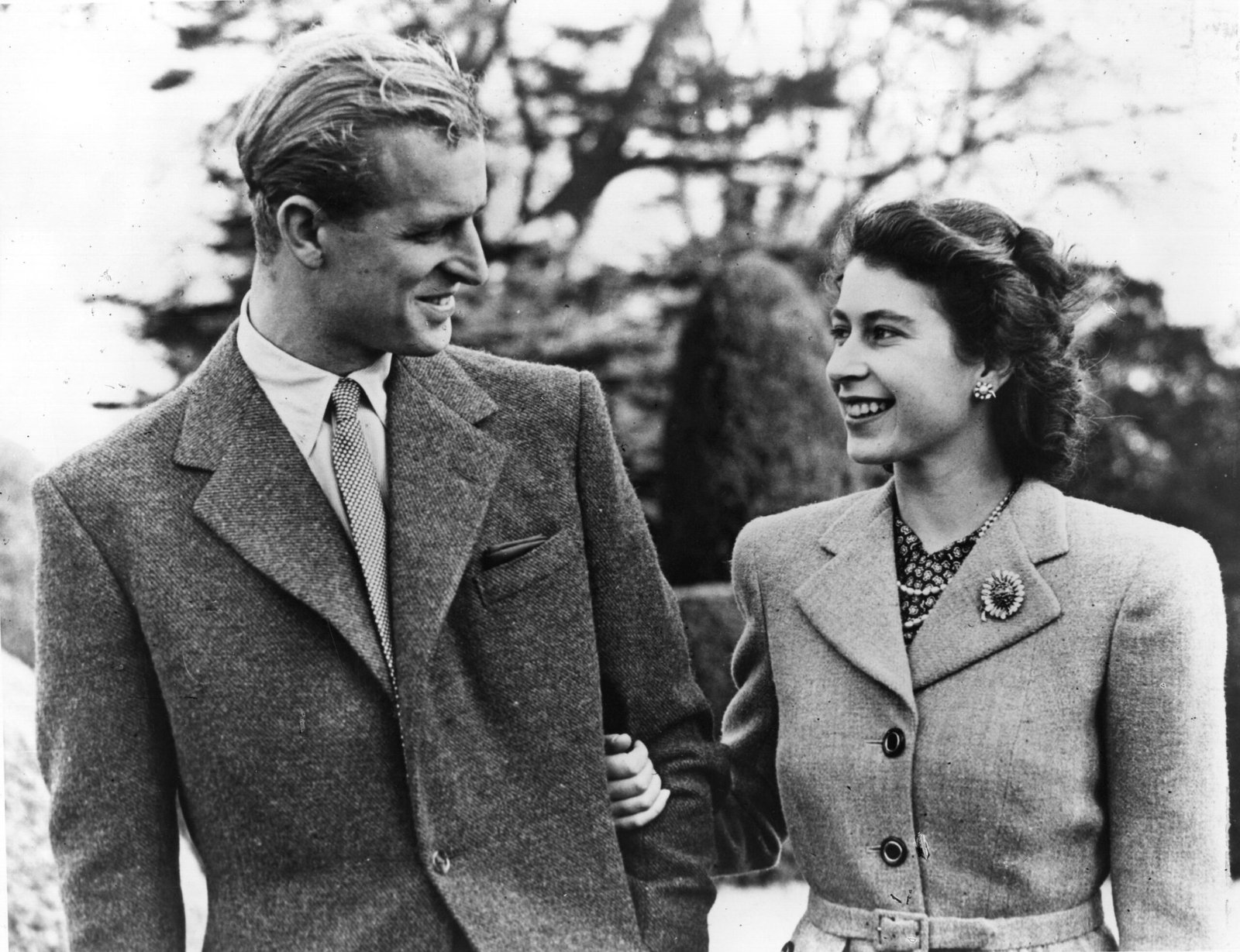Celebrity
Prince Philip: A Life of Service and Devotion

Early Years and Naval Service
Prince Philip, Duke of Edinburgh, was born on June 10, 1921, on the island of Corfu, Greece. His early life was marked by turmoil and displacement, as his family was exiled from Greece when he was just an infant. Despite these challenging beginnings, Prince Philip carved out a path of distinction and purpose. He moved to the United Kingdom, where he was educated at Gordonstoun School in Scotland and later attended the Royal Naval College, Dartmouth. His naval career began with promise and was accelerated by the outbreak of World War II, during which he served with distinction in the Mediterranean and Pacific Fleets.
Marriage to Queen Elizabeth II
Philip’s marriage to then-Princess Elizabeth in 1947 was a union that would shape the course of British royalty. Their engagement was a beacon of hope in the post-war era, symbolizing stability and continuity. Philip renounced his Greek and Danish royal titles, adopted the surname Mountbatten, and became a naturalized British subject. The wedding was a grand affair and was seen as a significant event in the United Kingdom. Their partnership not only shaped their lives but also the identity of the monarchy in the 20th and 21st centuries.
Contributions to Public Life
Throughout his public life, Prince Philip was known for his deep commitment to numerous causes and organizations. His interests were broad, ranging from science and technology to the conservation of nature and the promotion of outdoor activities among young people. Perhaps his most enduring legacy is the Duke of Edinburgh’s Award, which he founded in 1956. The program aimed to encourage youth to become involved in community service, skill development, physical fitness, and adventurous journeying, and has since spread to 144 nations.
Modernizing the Monarchy
Prince Philip played a crucial role in modernizing the British monarchy, often pushing against protocol to reform and update the institution. His forward-thinking approach was instrumental in the decision to televise the Queen’s coronation in 1953, a move that was revolutionary at the time and helped to demystify the monarchy and bring it closer to the public. He also advocated for the royal family to engage more directly with the Commonwealth and the broader world, reflecting changing societal norms and expectations.
Legacy and Reflections
Prince Philip’s impact on the royal family and his contributions to public life cannot be overstated. His unwavering support for the Queen and his active engagement in public affairs enriched the institutions he served. Known for his sharp wit and occasionally controversial remarks, he remained a figure of significant public interest throughout his life. His passing in April 2021, just two months shy of his 100th birthday, marked the end of an era for the British royal family.
In reflecting on the life of Prince Philip, one sees the portrait of a man who, despite the constraints of his role, consistently strived to make a meaningful difference. His life was one of service, duty, and occasional defiance, which helped shape the monarchy into a more adaptive and enduring institution. His legacy, particularly through initiatives like the Duke of Edinburgh’s Award, continues to influence and inspire young people around the world. The story of Prince Philip is not just about a royal consort but about a dynamic individual who left a profound impact on every sphere he touched.
Read Also: Tim Wakefield: The Knuckleball Maestro


















